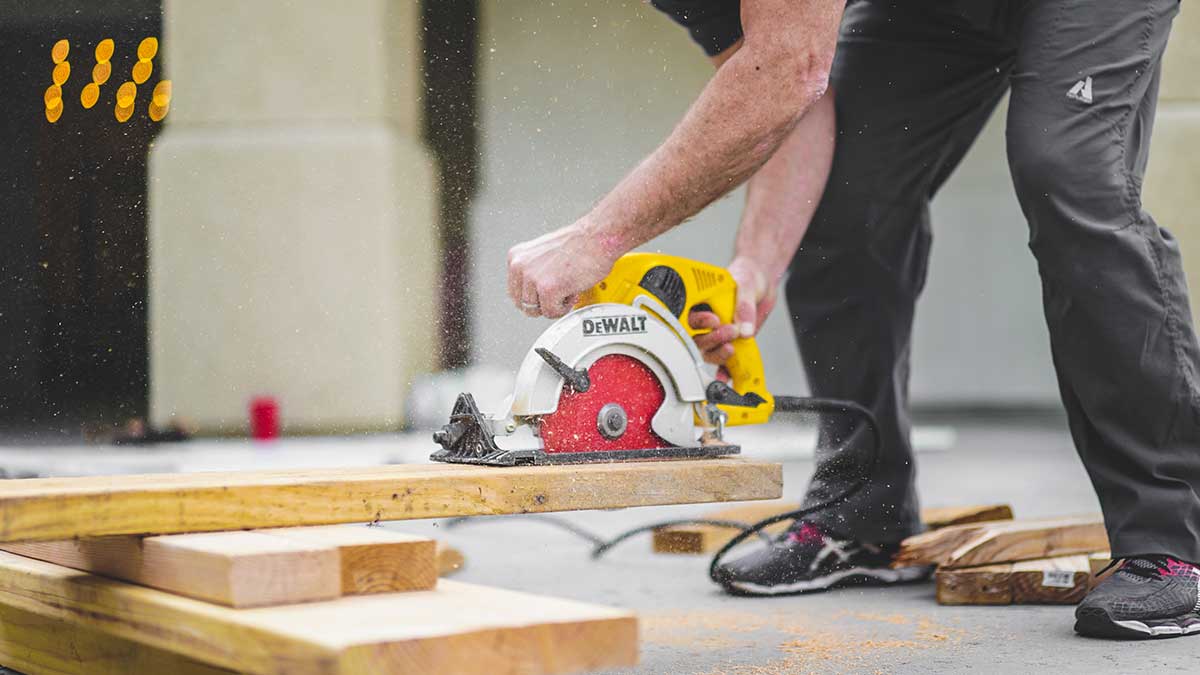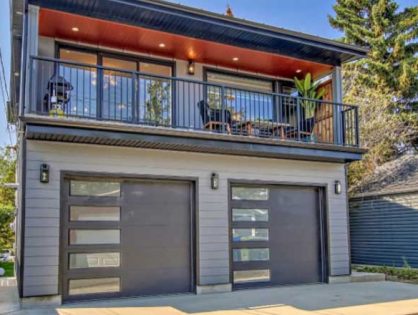Provided by Genworth Financial Canada
At some point in time, most homeowners are faced with the decision whether it is better to renovate or expand their existing home, or purchase another one.
Ultimately, deciding whether to renovate or move to a new location is a personal choice. They key decision is whether you are renovating for your own comfort or to meet a particular need, such as the arrival of a new baby, or whether you are making improvements to sell the home for a better return.
Renovating for yourself
- If you are simply upgrading your home for yourself or your family without expecting an immediate return, then the benefits are obvious. You are living in a more modern, comfortable home.
- By upgrading your home, you may also be avoiding insurance-related problems. Today, many insurance companies are refusing to insure homes with knob and tube and/or aluminum wiring and are also expressing concerns about old oil tanks, certain types of siding, asbestos insulation and other home-related deficiencies. Replacing these functionally obsolete characteristics will also make your home much more saleable in the future.
- While beneficial, home renovations can sometimes run into cost overruns and unexpected upgrades, particularly in older homes. It’s good to get detailed quotes but then anticipate for some extra costs for unexpected upgrades and additional work.
- And there’s always the inconvenience of living in the home while the upgrades are being done. If the renovations are very extensive, you may have to move out of the house while they are being completed.
Upgrading to sell
- Be careful not to over improve your home for the location of your property. It’s not advantageous to have the most expensive house on the street.
- Get a valuation by a qualified appraiser or a real estate agent to determine the approximate value of homes in your area.
- After the upgrades, if the value of your home does not dramatically exceed that of other homes in your area, it may be a good idea to renovate. If it does, it may be better to move to a new home in a new location that better suits your needs.
Moving up
Buying another home has a host of costs other than the purchase price. These include real estate commissions, legal fees, moving costs, utility and carrying costs, and perhaps even costs to redecorate and refurnish the new home.
By taking into account what you want to do, why you want to do it, the costs of the renovations and upgrades, the value of your renovated home in relation to other homes in your neighborhood versus the costs of buying a new home, you can determine which option is best for you.
Additional information is available from Genworth Financial Canada at http://www.genworth.ca.




